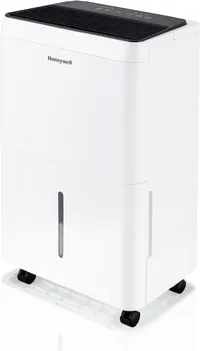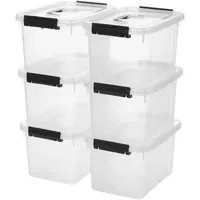How to get rid of musty basement smells — and what’s causing them
Expert tips for tackling odors in your basement for good
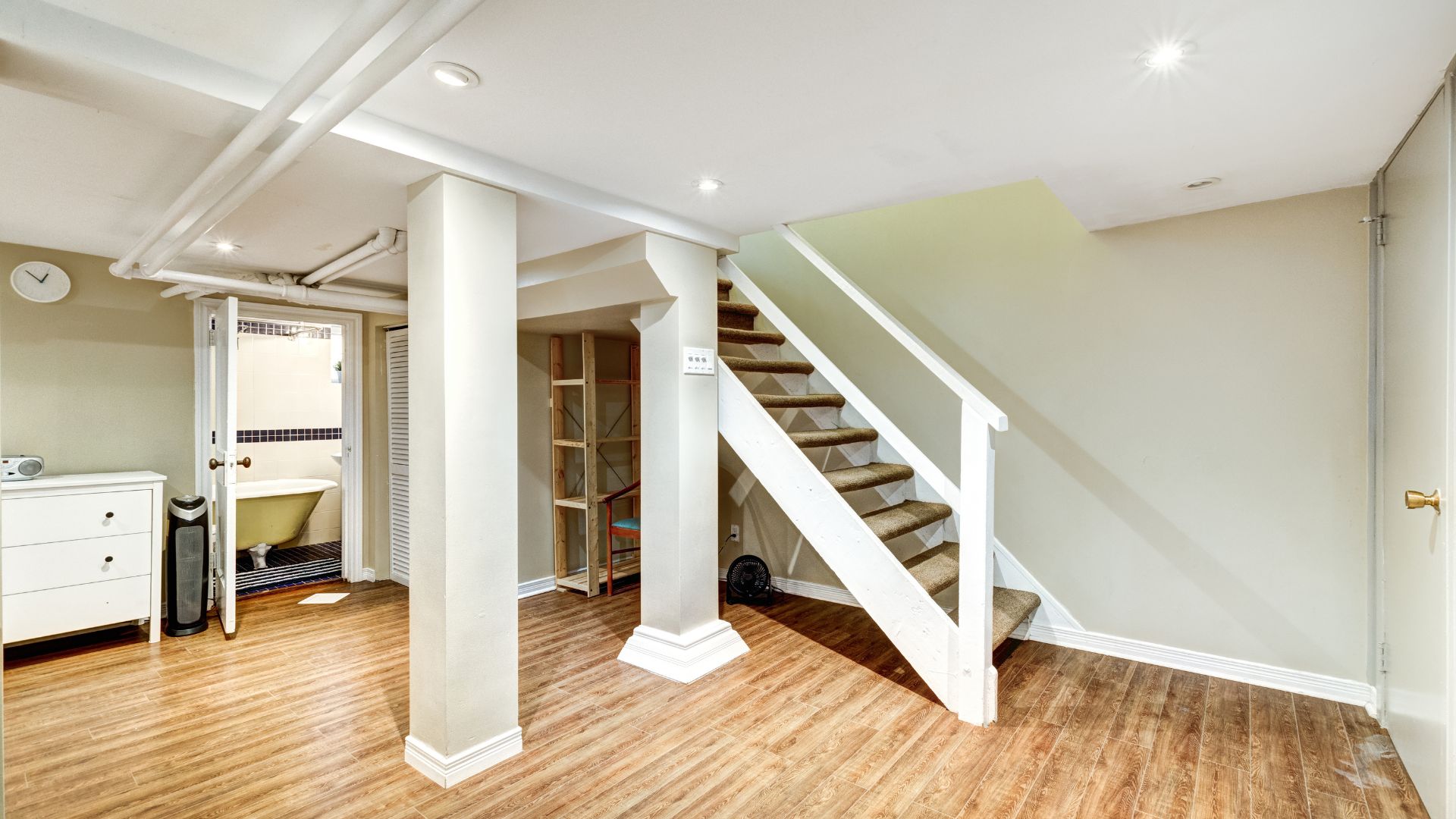
It can be unpleasant when you have a musty smell coming from your basement. However, this is a common problem in many homes due to the dark, warm, and damp conditions. Unfortunately, these are the three conditions that mold and mildew thrive in, breeding bad smells.
Before you can stop your basement from smelling bad, you'll need to figure out what the cause is, so we spoke to experts to find out the most common causes of the dreaded musty basement. If you’re getting a musty smell from your basement, it could be a sign that mold and mildew could be taking over. Or worse case, a problem of rising damp. And while you can keep the problem at bay with the best dehumidifiers, you'll still need to tackle the musty smell before it becomes a real problem.
Here's what the experts say on how to get rid of musty basement smells — and what could be causing them.
What’s causing my basement to smell?
As we’ve briefly mentioned, a basement may begin to smell if mold and mildew build up. “Musty odors in basements usually arise from damp," states Marc Duckworth, Product Manager at Product Care Group for Russell Hobbs. "When basements don’t have windows there is no air circulation or ventilation, resulting in a build-up of damp pockets and foul smells.”
Experts at Hisense add, “Basements are prone to musty smells primarily due to excess moisture, which can stem from poor ventilation, water seepage, or high humidity levels. These conditions can lead to the growth of mold and mildew, which are the main culprits behind the musty odors. Additionally, the accumulation of dust, dirt, and organic matter can contribute to the unpleasant smell if not regularly cleaned.”
Five tips to stop your basement smelling

So, how do you tackle the smell? Basements can often become neglected when it comes to cleaning as it’s not a common place that your household will spend time in. But, cleaning it is only part of the issue. In order to tackle the wider issue, you’ll need to follow these five tips from the experts at Hisense:
1. Improve ventilation
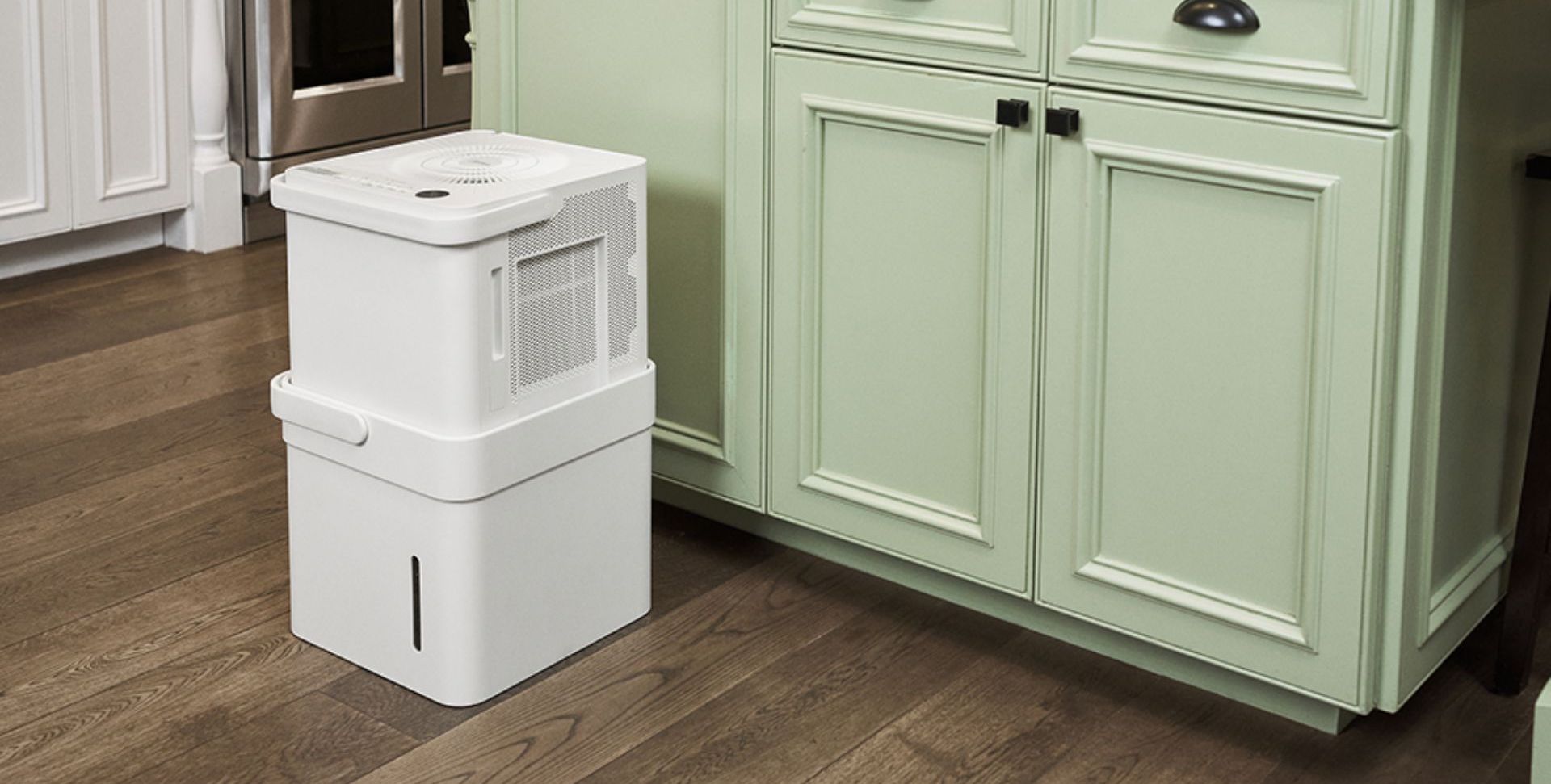
Hisense's experts say, "Ensure your basement is well-ventilated by installing vents or using a dehumidifier to reduce moisture levels. Proper airflow can significantly reduce the risk of mold and mildew growth." While these methods can be fairly inexpensive, if you're searching for a permanent solution, adding windows to your basement space is expensive, but will last.
Get instant access to breaking news, the hottest reviews, great deals and helpful tips.
To expand on ventilation, or lack of, Allan Reid, Interior Expert at Art Windows & Doors, says, “To combat mustiness, focus on improving ventilation and moisture control. Think about purchasing high-quality windows and doors with proper seals and ventilation options as this can significantly enhance air circulation, reducing humidity and preventing moisture buildup.”
Another great option is to use a dehumidifier, as Meaco’s Managing Director, Chris Michael, explains, “A dehumidifier helps by removing excess moisture from the air, preventing dampness, mold, and musty odors from forming.”
Honeywell 50 Pint: was $399 now $297 @ Amazon
If you want a powerful machine for drying out large spaces, such as the basement, this Honeywell 50 Pint is ideal. It comes with a 14-pint, water capacity, practical LED display, and quiet operation. What's more, its attractive design doesn't create an eyesore.
2. Address water issues
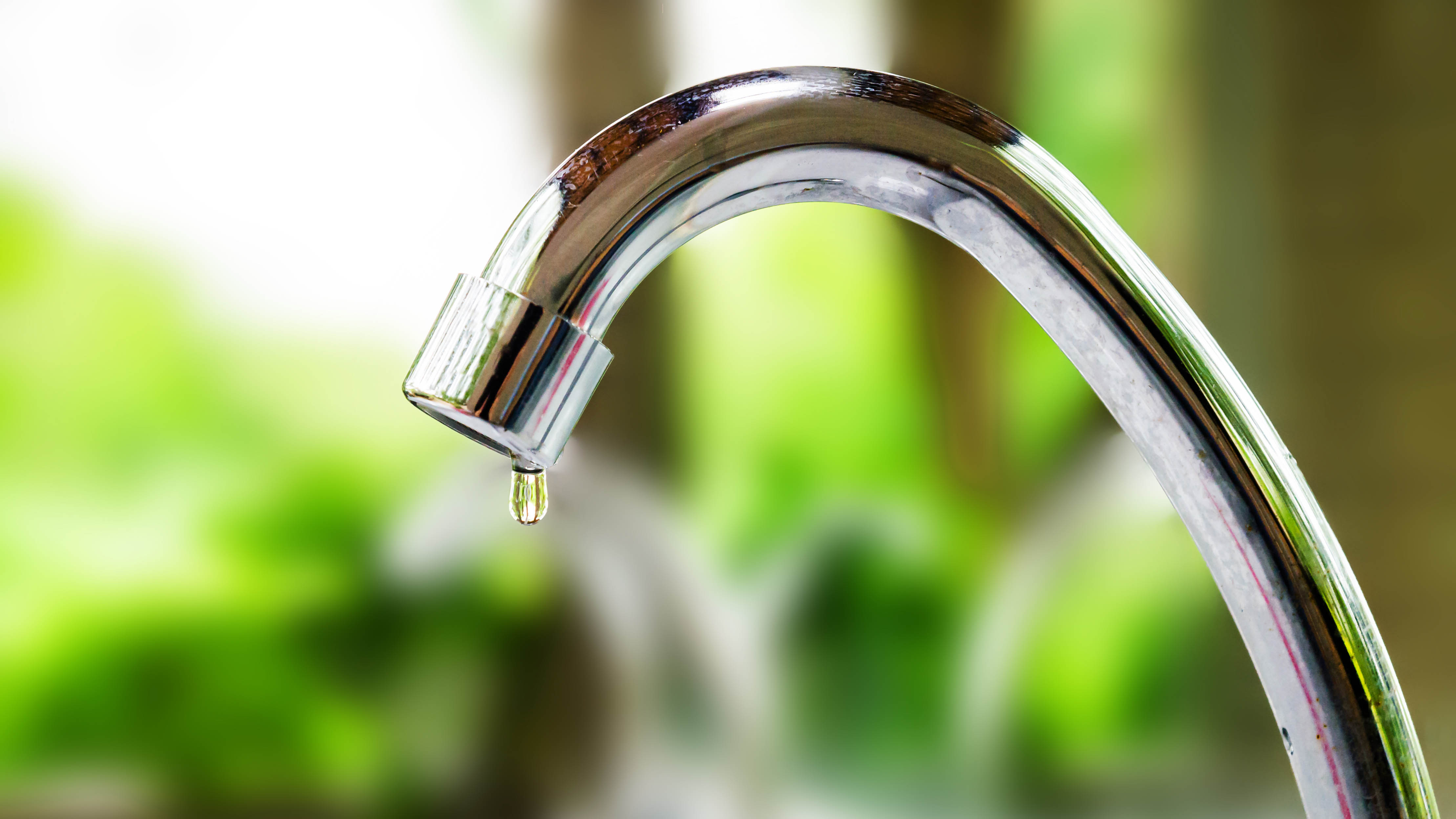
As the experts at Hisense continue, it's finding and addressing any excess water issues in your basement that will help rid it of the smell, "Inspect your basement for any water leaks or seepage. Seal cracks in walls or floors and consider using a waterproofing solution to prevent water from entering."
3. Regular cleaning
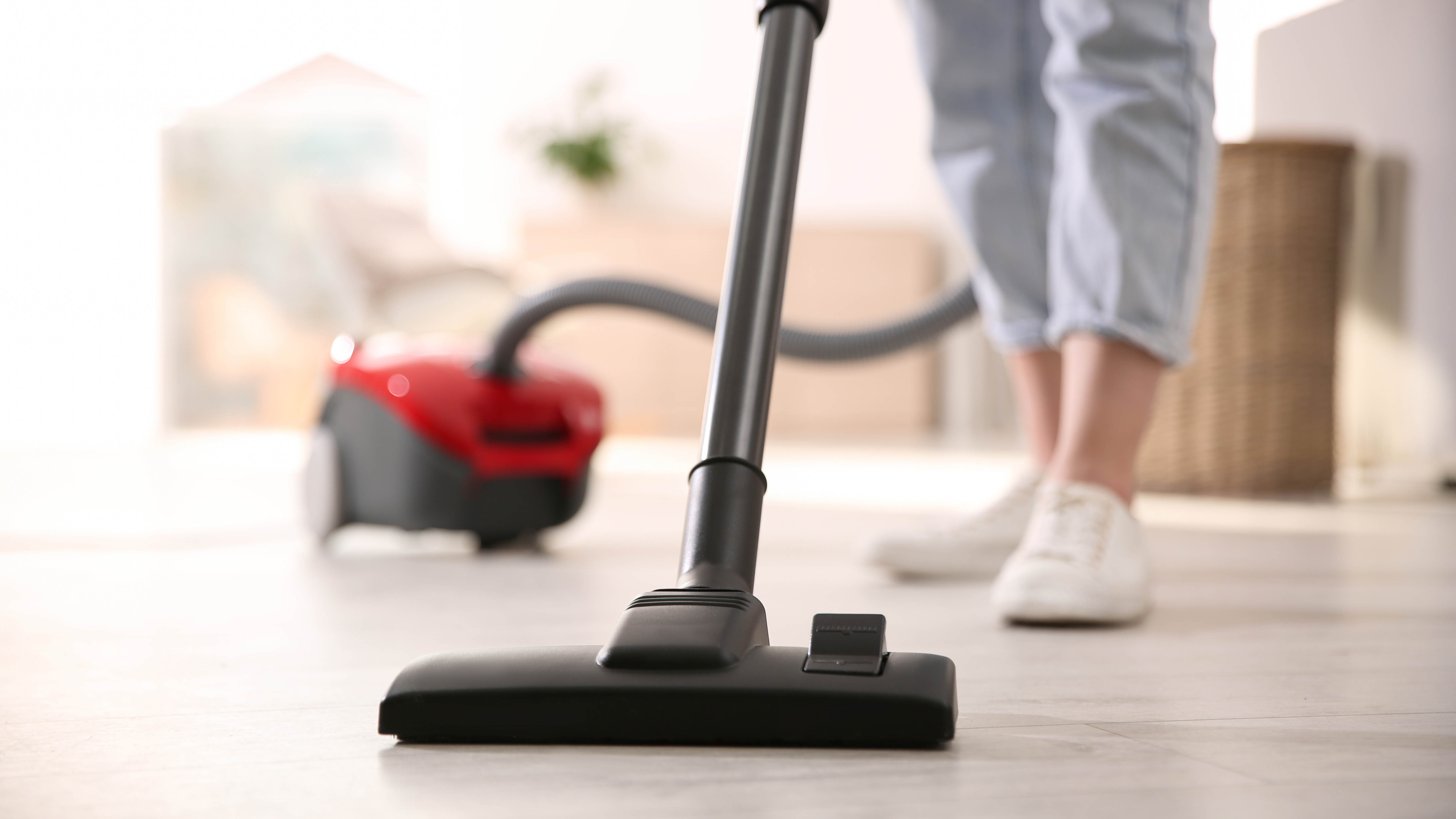
As mentioned previously, the basement can often become a space that doesn't get cleaned. Hisense recommends a simple cleaning method, "Keep your basement clean by regularly vacuuming or sweeping to remove dust, dirt, and cobwebs.
Pay particular attention to corners and spaces behind furniture where dust can accumulate." It doesn't need to be a deep clean, but adding the basement into your cleaning rota will keep on top of musty smells.
4. Use baking soda or charcoal
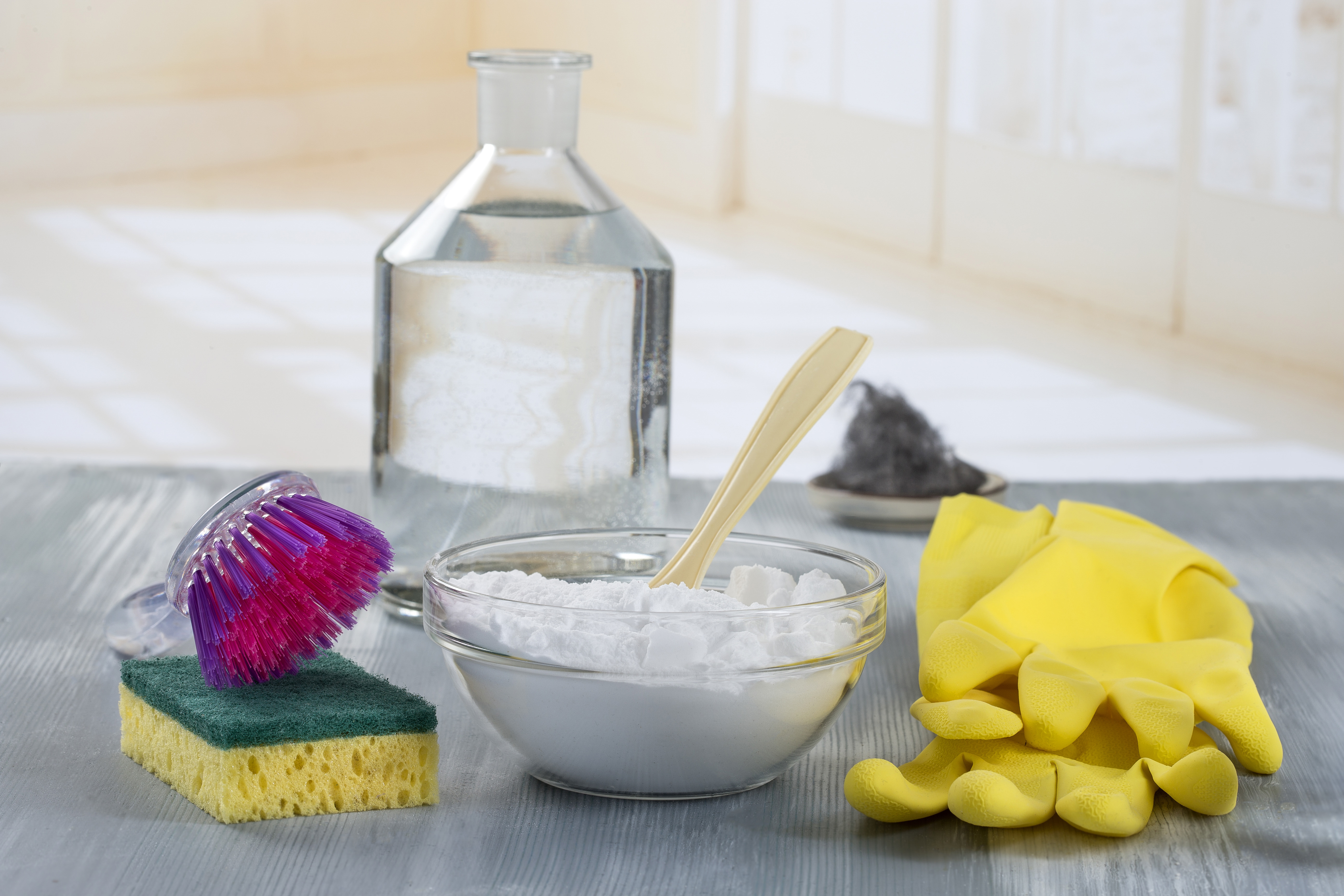
There's a few natural solutions that will help eliminate odors, and Hisense have some suggestions that are worth trying, "Place open containers of baking soda or activated charcoal around the basement to absorb odors. These natural deodorizers can help to neutralize musty smells effectively."
5. Avoid storing organic materials
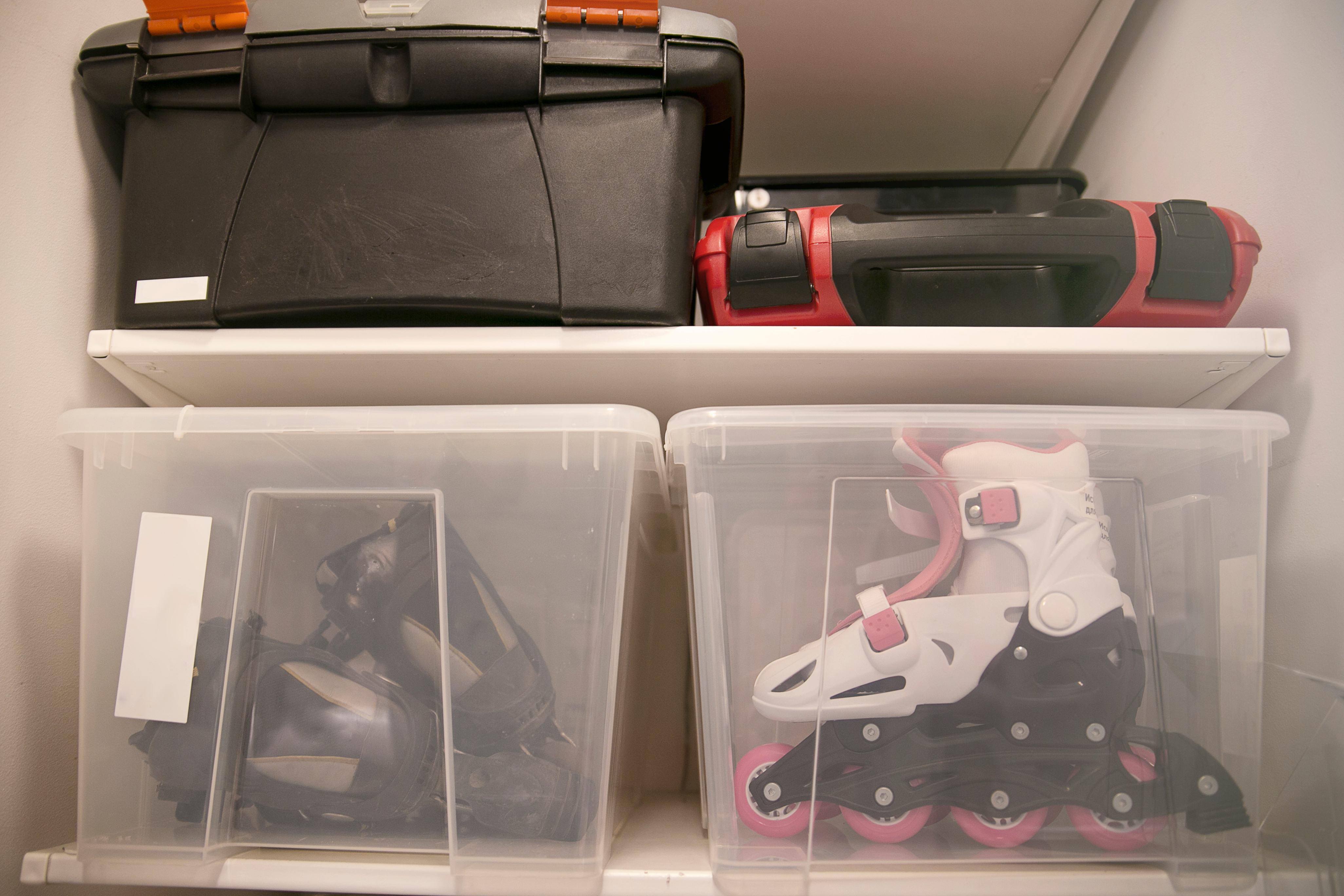
It should come as no surprise that organic materials will become easily damaged and disintegrate in moist areas in your home. Hisense's final tip is, "Try to avoid storing items like cardboard, paper, or wood directly on the floor, as these can absorb moisture and contribute to musty smells. Use plastic containers with tight-fitting lids instead."
These easy storage solutions will avoid adding in further problems that can be avoided.
JUJIAJIA 6 Quart Clear Storage Latch Boxes: was $38 now $26 @ Amazon
This early Prime Day deal on storage boxes is the perfect excuse to prevent damp and dust from entering your basement. The tight-closing latches will be perfect for storing everything from summer clothes to your winter boots.
How to prevent a musty basement for good
While the mold can be treated using the tips above, a dehumidifier is great at helping to prevent the mold returning. “For basements, keeping the humidity level below 60% is critical," Michael suggests. "This will not only remove and prevent musty smells but also stop mold growth. Most modern dehumidifiers use an internal hygrometer, a sensor used to measure moisture. By setting the dehumidifier target humidity to 60% the machine will work in dehumidification mode until its brought the humidity down to this level. It will then switch off, only switching on again if it detects an increase of humidity. This efficient method saves energy and prevents the conditions that mold needs to thrive.
If you are still unsure if you need a dehumidifier in the basement you could buy a hygrometer, such as this $13 ThermoPro TP55 Digital Hygrometer from Amazon, which is a cheap moisture measurement tool to track humidity yourself.. If its in excess of 60% relative humidity or above you should definitely consider investing in a dehumidifier to help protect health and home. “
More from Tom's Guide
- 5 ways you're encouraging mold in your home this season
- 7 tips to blast away bathroom mold
- 5 mistakes you’re making when removing mold

Grace is a freelance journalist working across homes, lifestyle, gaming and entertainment. You'll find her writing for Tom's Guide, TechRadar, Space.com, and other sites. If she's not rearranging her furniture, decluttering her home, or relaxing in front of the latest streaming series, she'll be typing fervently about any of her much-loved hobbies and interests. To aid her writing, she loves to head down internet rabbit holes for an unprecedented amount of time.
